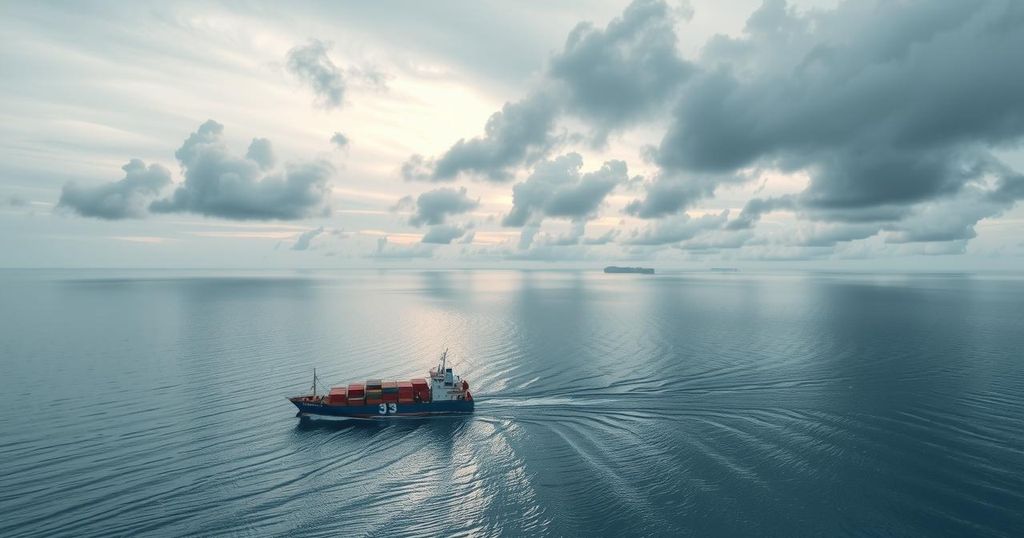Tunisia has partnered with the UK to tackle irregular migration, securing £5 million for education and job training. Additionally, eleven Russians have been arrested on terrorism charges. President Kais Saied has extended the state of emergency to December 2025, reflecting ongoing security issues. Tunisia has voiced concerns over the conflict in the DRC, while collaborating with Italy on the Elmed energy project to enhance renewable energy integration.
Tunisia has entered into a significant partnership with the United Kingdom aimed at addressing the challenges posed by irregular migration. This initiative, championed by Foreign Secretary David Lammy, is backed by a £5 million funding package intended to provide education and job training to potential migrants in Tunisia. Additionally, a sum of $1.2 million will support the International Organisation for Migration’s Assisted Voluntary Returns & Reintegration Programme, facilitating the safe return of migrants to their home countries.
In a separate matter, Tunisian authorities have arrested eleven Russian nationals on suspicion of terrorism near the Algerian border. The arrests stem from findings of questionable equipment that contradicted the individuals’ claims of being tourists. While no formal charges have been filed, reports indicate that diplomatic relations between Tunisia and Russia remain stable, focusing on enhancing ties in sectors such as agriculture and energy.
In light of ongoing security concerns, President Kais Saied has indefinitely extended the state of emergency in Tunisia until December 31, 2025. Originally declared in November 2015 following a terrorist attack that resulted in numerous casualties, this extension underscores Tunisia’s commitment to maintaining national security in a volatile environment.
Tunisia has also expressed grave concern regarding the worsening situation in the eastern Democratic Republic of Congo (DRC), asserting that the turmoil threatens regional stability. The Tunisian Ministry of Foreign Affairs has called for an end to hostilities and support for DRC’s sovereignty, urging adherence to existing ceasefire agreements while expressing condolences to affected families.
Furthermore, Tunisia and Italy have launched a strategic collaboration focused on the Elmed energy project, aiming to construct the first direct current electricity link between Europe and Africa through a submarine cable. This initiative aligns with Italy’s Mattei Plan to enhance Mediterranean cooperation and will significantly boost renewable energy integration, thereby supporting broader clean energy initiatives. The establishment of the Terna Innovation Zone in Tunis is anticipated to foster technological exchange and cultivate local expertise in renewable energy.
The topic discusses significant developments in Tunisia related to irregular migration, national security, diplomatic relations, and energy cooperation. Specific emphasis is placed on the partnership with the UK aiming to improve the situation of potential migrants, the extension of a state of emergency due to terrorism threats, concern over escalating conflicts in the DRC, and a noteworthy energy project with Italy that seeks to harness renewable energy across borders. Understanding these facets is crucial for comprehending Tunisia’s current socio-political climate and international engagements.
In summary, Tunisia is actively addressing irregular migration through partnerships with the UK, extending its state of emergency to combat terrorism, and expressing concern over regional conflicts in the DRC. Additionally, the strengthening of ties with Italy through the Elmed energy project highlights Tunisia’s commitment to enhancing its energy infrastructure and promoting renewable sources. These developments reflect Tunisia’s multifaceted approach to ensuring national security and fostering international cooperation.
Original Source: globalsouthworld.com






